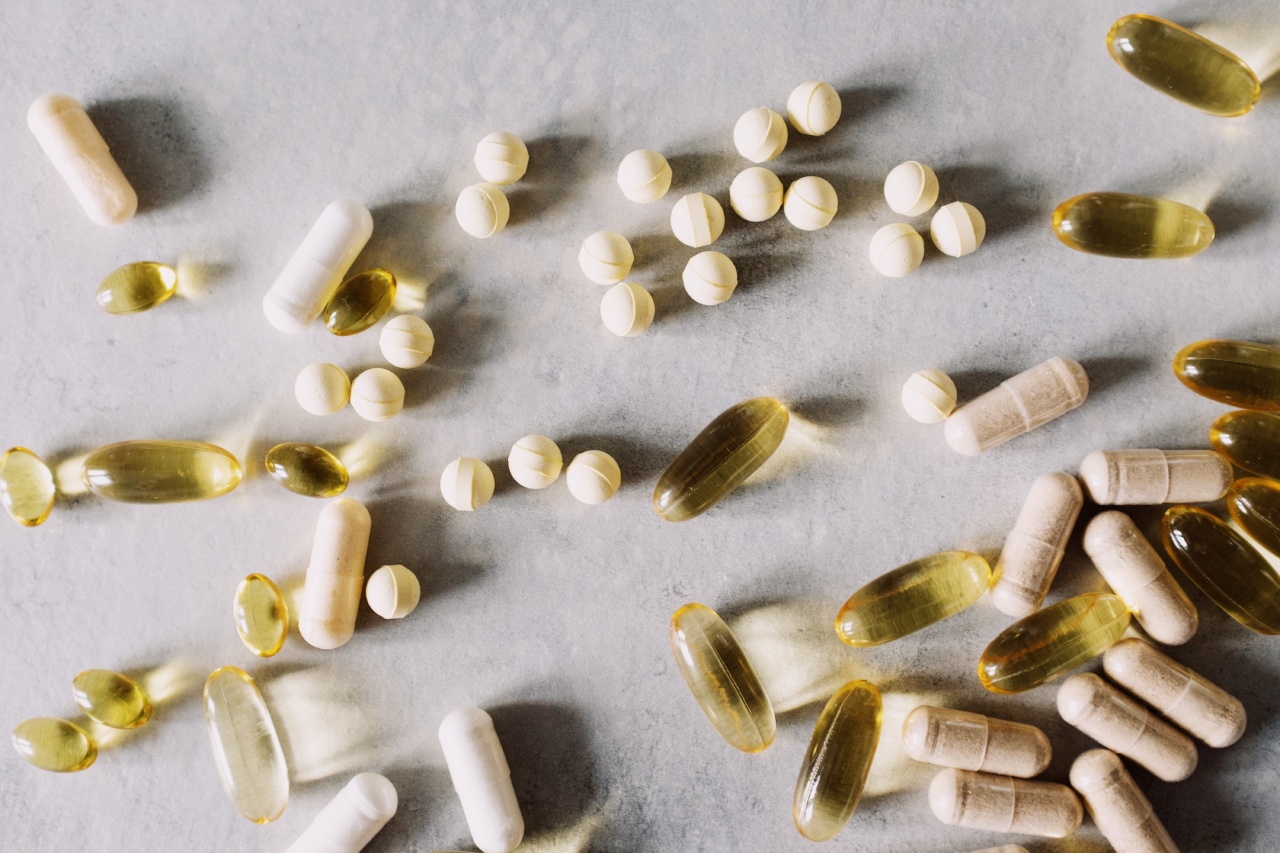Crohn’s disease is a chronic inflammatory bowel disease (IBD) that affects the gastrointestinal tract, particularly the small and large intestines.
It is a condition characterized by flare-ups and remissions, causing pain, diarrhea, fatigue, and other symptoms. While there is no known cure for Crohn’s disease, certain lifestyle modifications, including dietary changes, can help manage symptoms, reduce inflammation, and promote healing.
Impact of Diet on Crohn’s Disease
Diet plays a crucial role in managing Crohn’s disease because certain foods can trigger inflammation in the gut and worsen symptoms.
By following a gut-healing diet, individuals with Crohn’s disease can help reduce inflammation, repair damaged tissues, and support optimal gut health.
Key Elements of a Gut-Healing Diet for Crohn’s Disease
1. Low-Fiber Foods:.
Foods high in fiber such as whole grains, fruits, and vegetables can aggravate the digestive system in individuals with Crohn’s disease. Opt for cooked or peeled fruits and vegetables, white bread, refined grains, and low-fiber cereals instead.
2. Lean Protein Sources:.
Include lean sources of protein in your diet such as skinless poultry, fish, eggs, and tofu. These are easier to digest and less likely to contribute to inflammation.
3. Healthy Fats:.
Choose healthy fats like avocados, olive oil, and nuts, as they provide essential fatty acids and help reduce inflammation in the body. Avoid saturated fats found in fried foods and processed snacks.
4. Probiotic-Rich Foods:.
Introduce probiotic-rich foods into your diet, such as yogurt, kefir, sauerkraut, and kimchi. Probiotics help promote a healthy balance of gut bacteria and support the immune system.
5. Hydration:.
Stay hydrated by drinking plenty of water throughout the day. Proper hydration helps prevent digestive issues and promotes overall gut health.
Foods to Avoid
1. High-Fiber Foods:.
Avoid foods high in fiber, such as whole grains, raw fruits, and vegetables, as they can worsen symptoms and cause irritation in the gut.
2. Dairy Products:.
Lactose intolerance is common among individuals with Crohn’s disease. Avoid dairy products or opt for lactose-free alternatives like almond milk or lactose-free yogurt.
3. Spicy Foods:.
Spicy foods can potentially trigger flare-ups and worsen inflammation in the gut. Limit or avoid consuming spicy foods to minimize symptoms.
4. Processed Foods:.
Processed foods often contain additives and preservatives that can aggravate symptoms. Opt for whole, unprocessed foods whenever possible.
5. Caffeine and Alcohol:.
Caffeine and alcohol are both known irritants to the digestive system. Limit or eliminate consumption to manage symptoms effectively.
Additional Lifestyle Modifications
In addition to dietary changes, certain lifestyle modifications can also help manage Crohn’s disease:.
1. Stress Management:.
High levels of stress can trigger flare-ups and worsen symptoms. Incorporate stress-management techniques such as meditation, deep breathing exercises, and regular physical activity to reduce stress levels.
2. Regular Exercise:.
Engaging in regular exercise not only helps manage stress but also stimulates bowel movements and promotes overall gut health. Consult with a healthcare professional before starting any exercise regimen.
3. Get Sufficient Sleep:.
Quality sleep is essential for overall well-being, including gut health. Make sure to prioritize a regular sleep schedule and aim for 7-9 hours of uninterrupted sleep per night.
4. Avoid Smoking:.
Smoking has numerous negative effects on gut health and can worsen symptoms of Crohn’s disease. If you smoke, seek help to quit smoking and improve your overall health.
Importance of Consulting a Healthcare Professional
It’s important to consult with a healthcare professional, such as a gastroenterologist or registered dietitian, before making any significant dietary changes.
They can provide personalized guidance based on your specific condition, symptoms, and medical history.
Conclusion
While there is no one-size-fits-all diet for Crohn’s disease, adopting a gut-healing diet can help manage symptoms, reduce inflammation, and promote healing.
By avoiding trigger foods, incorporating gut-friendly choices, and making important lifestyle modifications, individuals with Crohn’s disease can work towards better gut health and an improved quality of life.






























